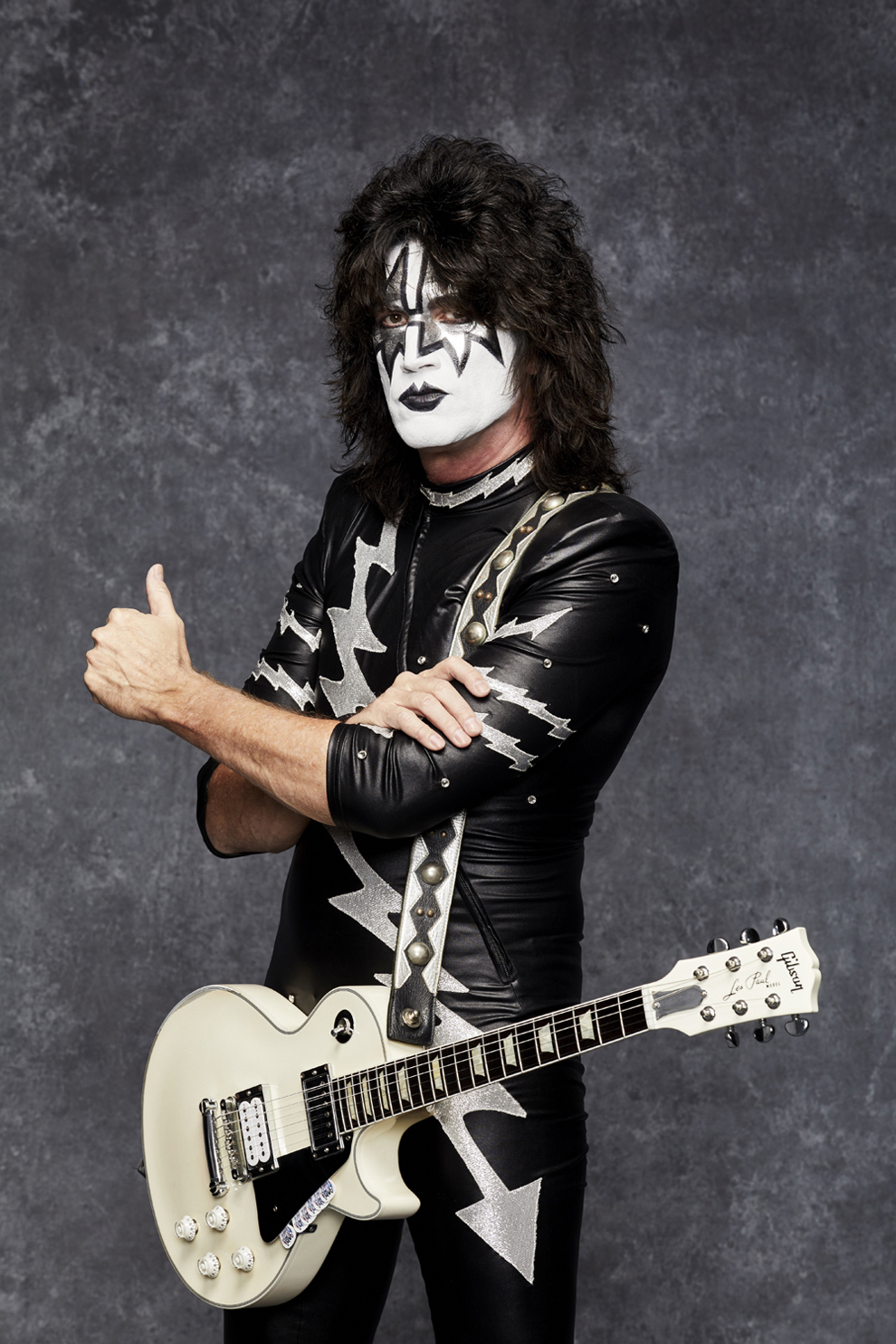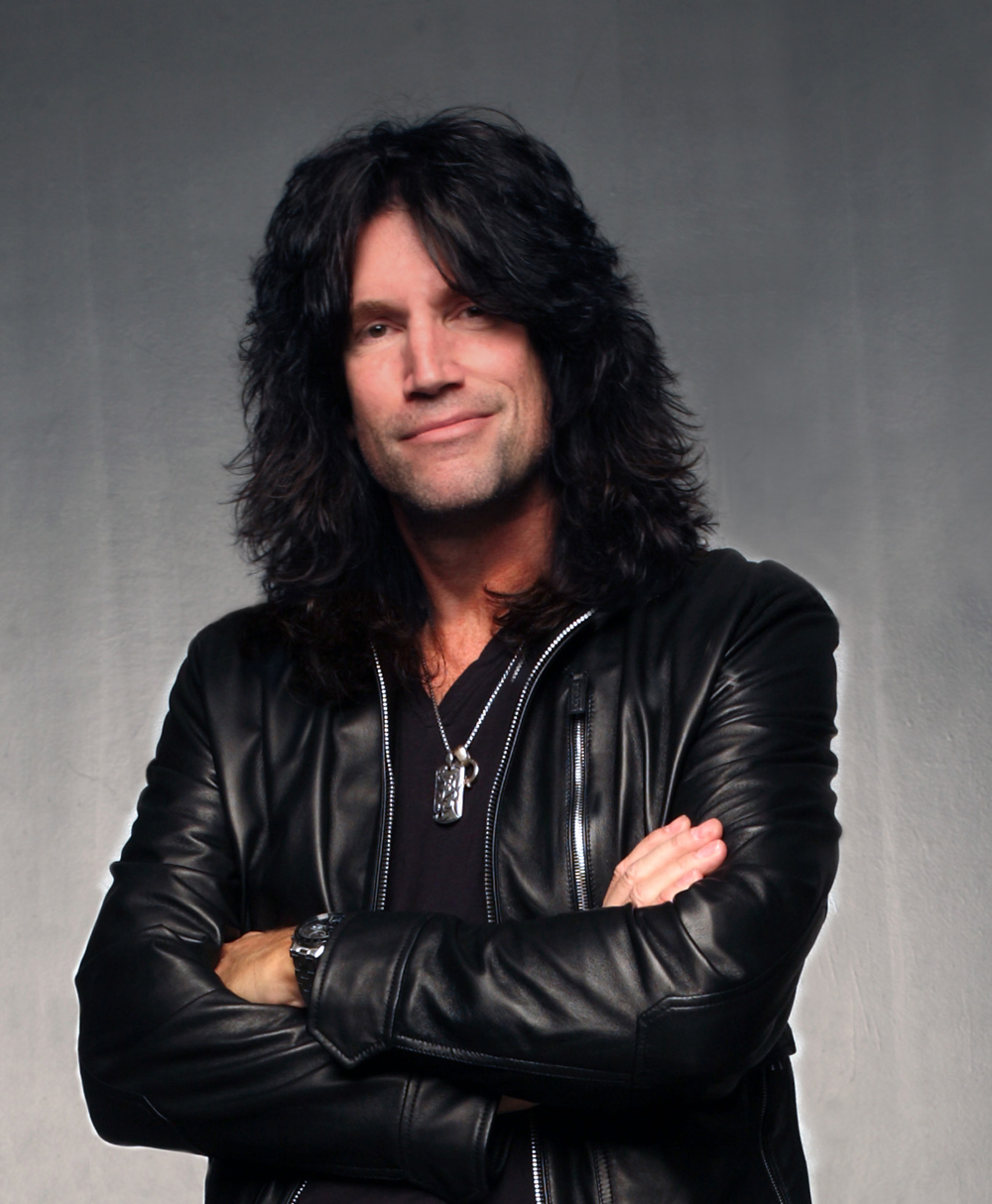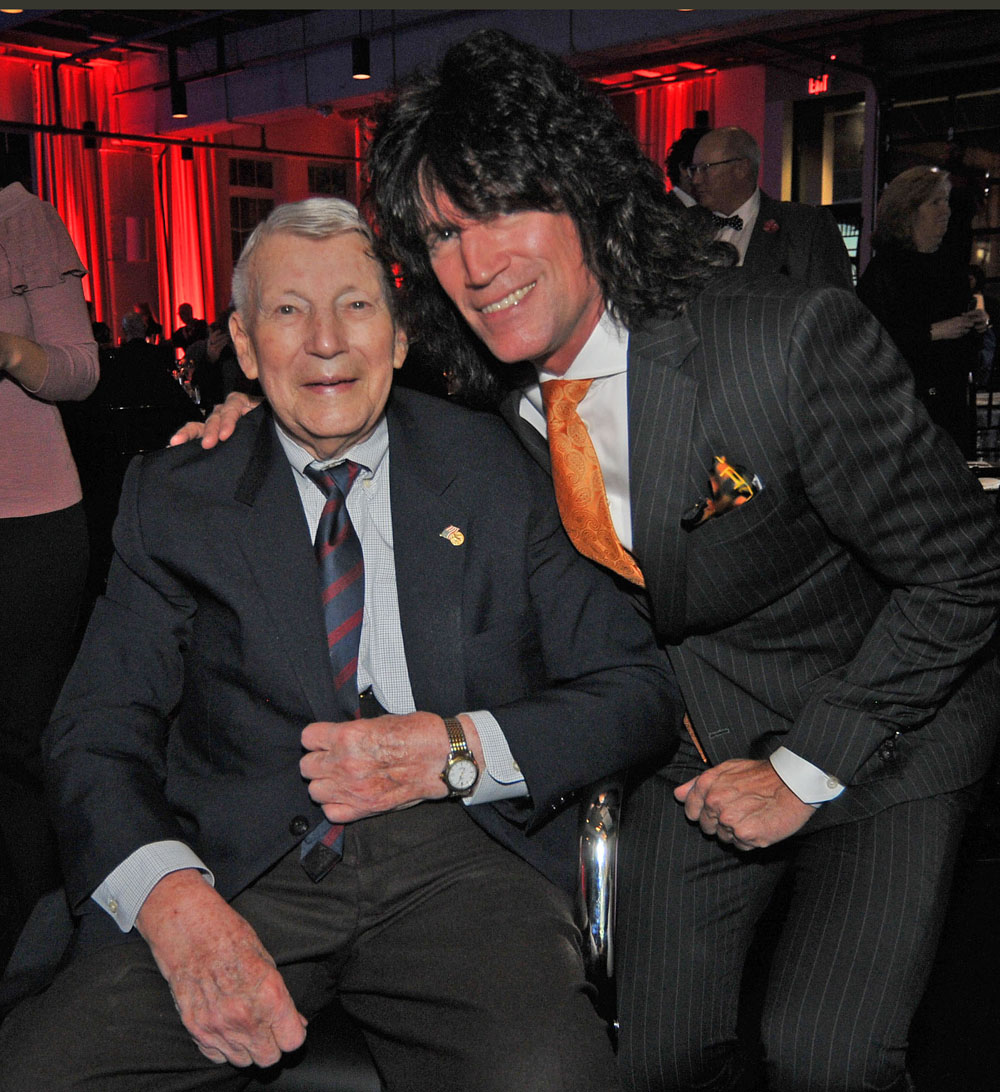Last week we had the opportunity to interview guitarist Tommy Thayer, a.k.a the Spaceman, of KISS. He was talking then about his involvement in raising money for the Oregon Military Museum, named after his war-hero dad. However, we did get to ask a few questions on a more rock-and-roll tone. Here we bring you the answers to the questions our readers told us they wanted to know.
ATP: If you were alone on a desert island, what 3 key songs would you bring with you?
Tommy Thayer: “Definitely I would have a Beatles song. I am a Beatles freak; I think they are the best band of all time. Maybe, even though it’s a little dark, I think Eleanor Rigby is one of the most amazing song ever written; it would that one.
Then I would go with something from the Eagles because I love them, so Tequila Sunrise fits the bill. And, in the spirit of rock and roll, I admire Alice Cooper, he’s always been a rebel and so I would bring “School’s Out.”
ATP: Fellow band member Eric Singer is a big watch collector, are you?
Tommy Thayer: “I like watches and I have a small collection. I have a nice array of watches that I have either bought or have been presented to me while touring. I am a fan of beautiful watches, particularly Swiss top quality pieces.”
ATP: KISS is a big supporter of veterans and the military; is there one message you would like to get out to people about this.
Tommy Thayer: “It is important to remember the amazing people who fought for our country. Their stories of heroism and the things they did for America are inspirational. We live pretty safe secure, nice lives and young people have not really experienced the adversity that our parents and their parents experienced, so understanding where we come from as a country and what people have done to get us here, the sacrifices they have made to make this the country we have today is all important.“
ATP: What was it like growing up in a house with a war-hero for a father?
Tommy Thayer: “My father didn’t really talk about the war when we were growing up. It was a traumatic experience and I think in a lot of ways he and the others like him who served were very disciplined, but when they got out, they didn’t want to relive it. But then, 15 years ago when he went back to Austria to be honored for his heroism in liberating the 15,000 people in the death camp, a man who had been in the camp as a 14-year-old boy thanked my father for saving his life. I think it was vindication, and validation that everything he went through, those horrific things he saw during liberating that camp, was all for a reason. He and his platoon save 15,000 people. He finally started talking to us about those experiences and we have learned so much from him.”








